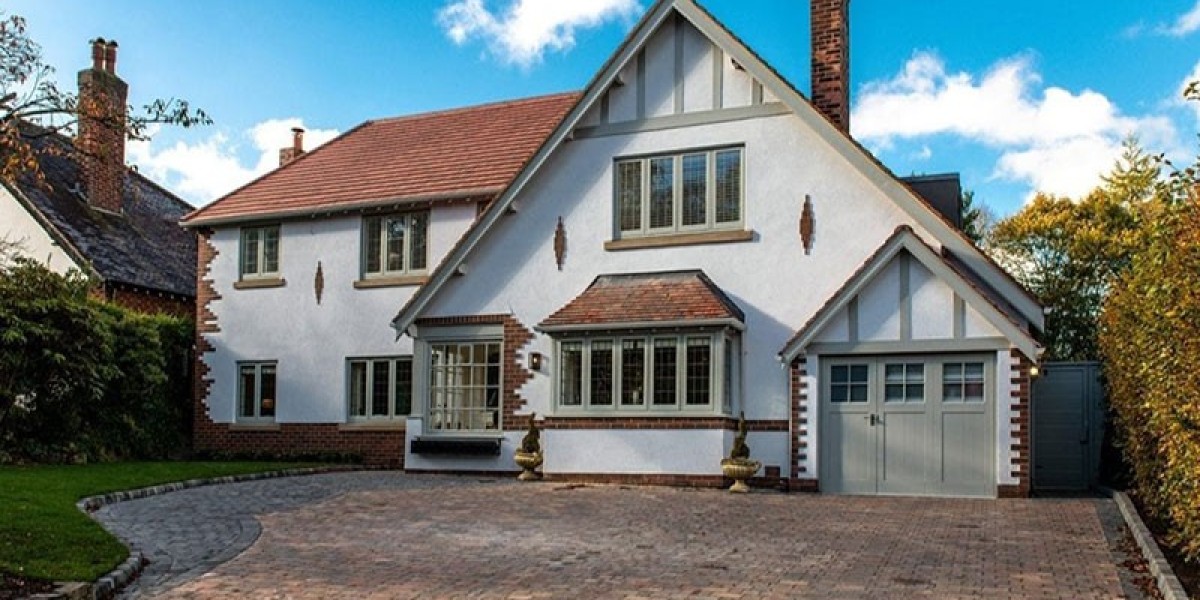Court Marriage Procedure in Pakistan – A Complete Guide by Jamila Law Associate
Court marriage in Pakistan is a legal way for couples to get married with mutual consent, without the need for traditional wedding ceremonies. It offers a lawful and efficient solution for those who wish to exercise their right to choose their life partner. Jamila Law Associate, a leading family law firm, provides expert services to help couples navigate the legal process smoothly and confidentially.
What is Court Marriage in Pakistan?
Court marriage is a formal union between two consenting adults, conducted under the Muslim Family Laws Ordinance, 1961 and Marriage Act, 1872 (for non-Muslims). It is recognized by the law and holds the same legal status as a traditional marriage.
Who Can Do Court Marriage?
According to Pakistani law:
- Both parties must be legally adult (18 years or above).
- Both must consent to the marriage freely and without coercion.
- At least one party should be Muslim (for Nikah-based court marriages).
- There must be two Muslim adult witnesses present (for Muslim marriages).
Required Documents for Court Marriage
To proceed with a court marriage in Pakistan, the following documents are generally required:
- CNICs or B-Form (in case of underage CNIC unavailability).
- Affidavits from both bride and groom confirming free will.
- Recent photographs of the couple.
- Divorce or death certificate (if previously married).
- Conversion certificate (if either party has converted to Islam).
At Jamila Law Associate, our legal team ensures proper documentation and guides clients step-by-step for hassle-free processing.
Court Marriage Procedure in Pakistan
Here is the step-by-step process:
1. Consultation with Legal Expert
Couples first meet with our family law specialists at Jamila Law Associate to understand their rights and legal process.
2. Preparation of Affidavits
Both parties provide written statements declaring their age, marital status, and willingness to marry by free will.
3. Nikah Ceremony
A licensed Nikah Khawan solemnizes the marriage and Nikah in the presence of two male Muslim witnesses. The Nikahnama is duly signed and registered.
4. Marriage Registration
After the Nikah, the marriage is officially registered with the Union Council, and a Marriage Registration Certificate (MRC) is issued.
5. Legal Protection (Optional)
If necessary, the couple may file for legal protection with the court to prevent harassment or interference by families or third parties.
Why Choose Jamila Law Associate?
- ✅ Experienced Family Lawyers
- ✅ Confidential & Secure Process
- ✅ Same-Day Court Marriage Service
- ✅ Legal Protection & Documentation Support
- ✅ Affordable Fees
We handle each case with utmost professionalism and respect for client privacy.
Court Marriage for Interfaith Couples
Jamila Law Associate also assists interfaith couples, including those involving conversions to Islam. We ensure the process adheres to legal formalities, including proper conversion documentation before Nikah.
Final Thoughts
Court marriage in Pakistan is a constitutional right, allowing adults to marry based on mutual consent. If you're looking for legal guidance, privacy, and professional handling, Jamila Law Associate is here to assist you at every step of the way.
Contact Jamila Law Associate Today
? Office: [Siddique Trade Center]
? Phone: [03234910089]








